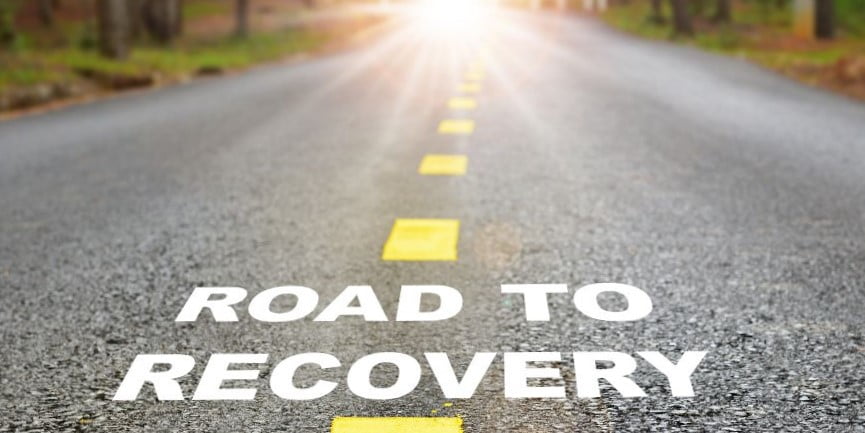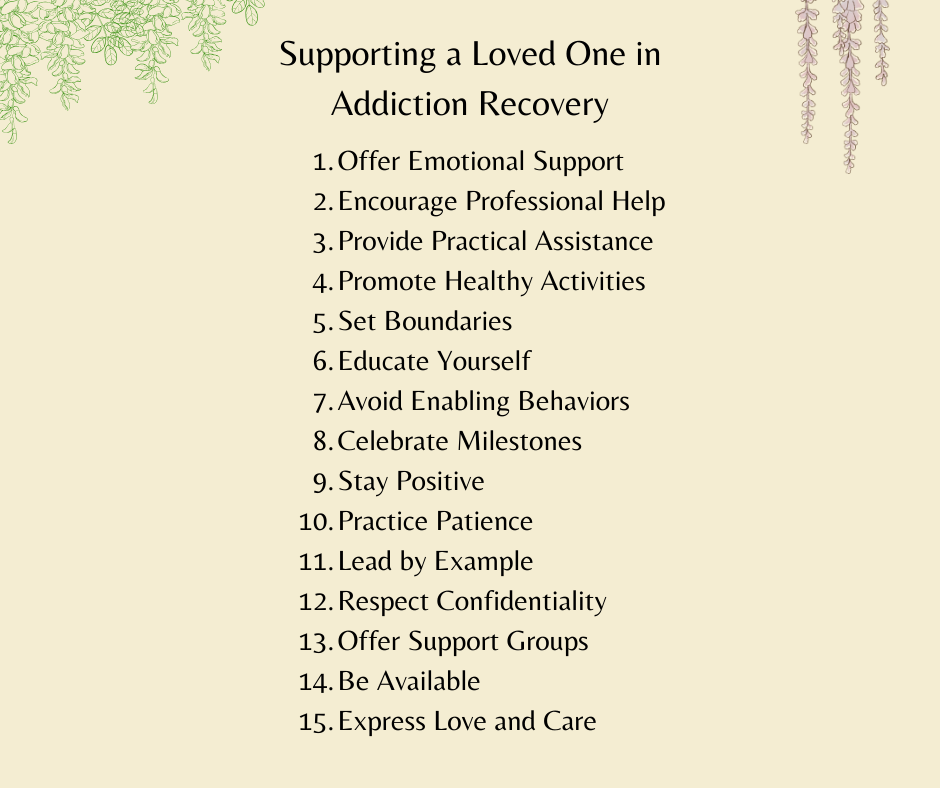Supporting addiction recovery is crucial for those going through the process. Here’s a list of ways you can provide support if you have a loved one struggling with a substance use disorder:
- Offer Emotional Support: Be there to listen without judgment, offering empathy and understanding.
- Encourage Professional Help: Assist in finding and accessing addiction treatment such as WSTC’s intensive outpatient program.
- Provide Practical Assistance: Help with daily tasks, transportation to appointments, or childcare if needed.
- Promote Healthy Activities: Encourage participation in positive and fulfilling activities like exercise, hobbies, or support group meetings.
- Set Boundaries: Establish clear boundaries to maintain a healthy relationship while supporting recovery goals.
- Educate Yourself: Learn about substance use disorders, recovery processes, and available resources to offer informed support.
- Avoid Enabling Behaviors: Refrain from actions that may enable addictive behaviors or hinder progress in recovery.
- Celebrate Milestones: Acknowledge and celebrate achievements and milestones in the recovery journey.
- Stay Positive: Offer encouragement and optimism, emphasizing the progress made rather than dwelling on setbacks.
- Practice Patience: Understand that recovery is a journey with ups and downs, and be patient and supportive throughout the process.
- Lead by Example: Maintain your own healthy habits and behaviors, serving as a positive role model.
- Respect Confidentiality: Maintain confidentiality and respect the individual’s privacy regarding their recovery journey.
- Offer Support Groups: Encourage participation in support groups like Alcoholics Anonymous or Narcotics Anonymous for additional peer support.
- Be Available: Be available for support whenever needed, whether it’s a phone call, a text, or in-person support.
- Express Love and Care: Show love, care, and compassion, reminding the individual that they are valued and supported in their journey towards recovery.
These actions can make a significant difference in someone’s recovery journey, providing the essential support they need to overcome addiction and thrive in a healthier lifestyle.
Imagine if everyone in our community committed to providing this support for all those around us who are struggling with a substance use disorder. Getting rid of the stigma and shame would eliminate many of the barriers to treatment and recovery. When we support recovery, we are taking steps to eradicate addiction.



